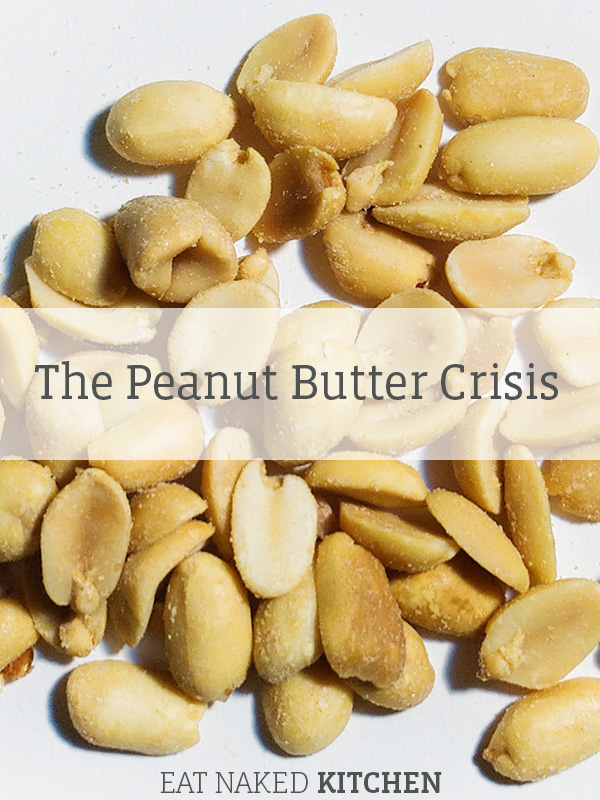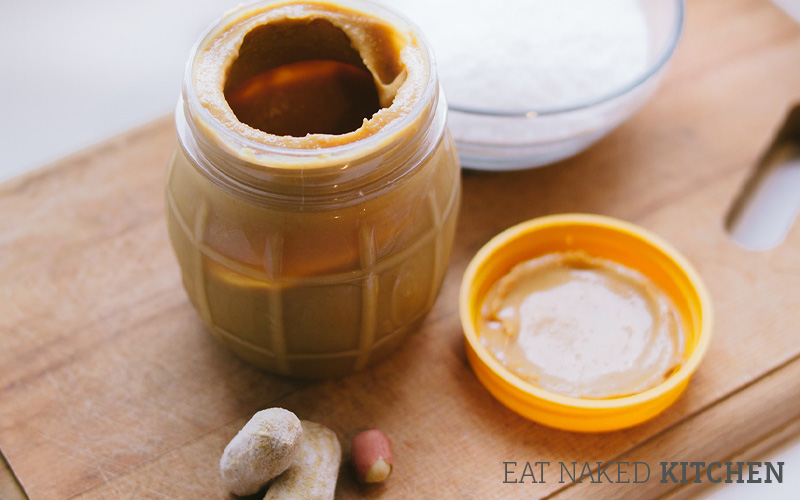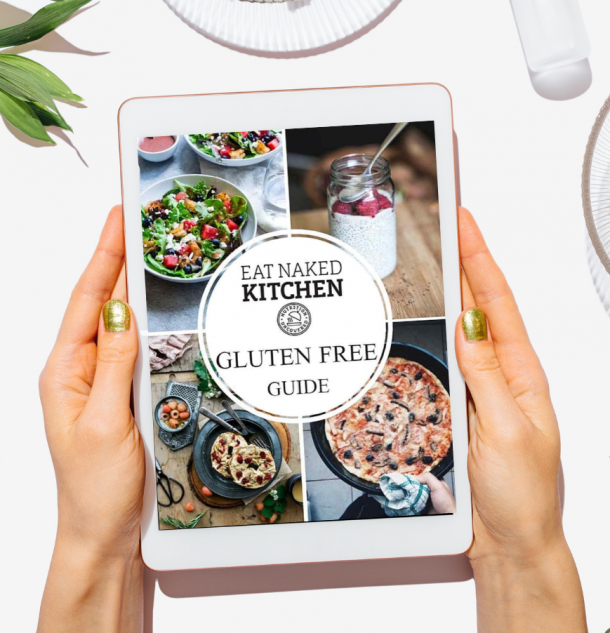It’s Chef James here and today I want to talk about peanut butter.
I basically had a PB & J sandwich for lunch from Kindergarten to 9th grade every
single day.
I was a picky eater and that was pretty much the only type of sandwich I would
eat.
Let’s face it, peanut butter is still a BIG player for most kids (and many adults) for
lunch and snacks.
But is peanut butter actually good for you? For the sake of making informed
decisions around the food we eat, let’s dig into this food specifically.
————————–
Are peanuts nuts?
No. They are legumes which are edible seeds or pods of plants. Other examples
of legumes are beans, peas and lentils.
Is peanut butter a decent source of protein?
Yes, however it’s low in the essential amino acid methionine which means it
should not be your main source of protein.
Is it high in fat and therefore calories?
Yes
Is it the good fat?
It depends. It’s high in monounsaturated fat (good) but also high in omega-6
essential fatty acids, which can potentially increase inflammation and the risk of
chronic disease – especially when they’re not in balance with the anti-
inflammatory omega-3 essential fatty acids.
Is it low in carbs?
Yes
Are there people allergic to it?
Yes. About 2.5% of the US population has an IgE* allergic reaction to peanuts,
and for some of these people, peanuts are deadly. And peanut allergies are
increasing annually. Most evidence suggest that it isn’t the food that we are
allergic to specifically, but the chemicals used in growing it and the molds that
typically grow on it.
A little known fact is that peanuts are rotation crop with cotton.
Cotton is mostly glyphosate-tolerant so it gets sprayed with glyphosates multiple
times per year. Glyphosates negatively affect the soil and can increase the concentration of opportunistic (bad) organisms which then can adversely affect the peanut crop. It’s possible this practice is what is contributing to the increase in allergic reactions to peanuts.
*lgE or Immunoglobulin E are antibodies produced by the immune system. “If you have an allergy, your immune system overreacts to an allergen by producing antibodies called Immunoglobulin E (IgE). These antibodies travel to cells that release chemicals, causing an allergic reaction. This reaction usually causes symptoms in the nose, lungs, throat, or on the skin.” – American Academy of Allergy Asthma & Immunology (https://www.aaaai.org/).
Does it contain carcinogens?
Yes. Peanuts grow underground in humid climates which puts them at risk of
containing a fungus. These fungi are a source of aflatoxins (molds, like I
mentioned above), which are carcinogenic and can cause a myriad of negative
health issues in sensitive people. Aflatoxin exposure has been linked to liver
cancer, stunted growth in children and mental retardation.
Some varieties of peanut have lower concentrations of aflatoxin than others but if
your kid is eating peanuts daily and not many green vegetables (which contain
chlorophyll, which is proven to counteract the negative effects of aflatoxins), then
they are most likely getting high concentrations of aflatoxin in their body.
Are peanuts high in pesticides?
Yes. Non-organic peanut butter typically contains about eight common pesticides
(according to the USDA). The most common is a pesticide known for being an
endocrine disruptor, a carcinogen and a threat to honey bees.
Are peanuts a GMO crop?
Yes and no. While peanuts themselves aren’t genetically modified, they typically
are blended with common GMO oils like rapeseed, soybean or cottonseed oils.
Thus the importance of reading labels.
Similar to the allergy-free dogs that were lab created, scientist are working on
GMO allergy-free peanuts. They are hoping to alter the genes for the proteins in
peanuts that cause allergic reactions. This makes it even more crucial to vote to
require that GMO ingredients are identified as such on product labels. Otherwise, you won’t know what franken food you’re eating!
Reading labels are really important with any packaged food but particularly
nut and seed spreads. Why?
Nut and seed butter typically include a host of added ingredients that make the
product less healthy. Sweetener, salt and oil are the three biggest culprits. It’s
shocking how much sugar is in everything! Be dogmatic of reading labels and
making informed decisions.
So where do you stand on the health benefits of peanut butter?
For all the reasons above, we don’t recommend it. The bad outweighs the good.
If you’re a die-hard peanut butter fan, look for organic brands that are only a
blend of the nuts and some sea salt. No additional oils, sweeteners, or
stabilizers. And eat it in moderation.
Even better: try choosing other nut butters like almond, cashew, hazelnut, or
even better, seed butters. Choose spreads that don’t have cheap oils or
sweeteners in them, that use nuts or seeds that are raw instead of roasted
(which damages the delicate oils in the nuts), and if budget allows, choose
organic over conventionally grown.
What was your sandwich of choice when you were in grade school?





Thanks for this regarding peanut butter. I do love to eat it on celery. I do that 3-4 times a week at lunchtime. Other days I have no lunch or usually a salad with fresh goodies, i.e. tomatoes, avacado, lettuce, salmon or chicken, sometimes quoina.
Love you!!